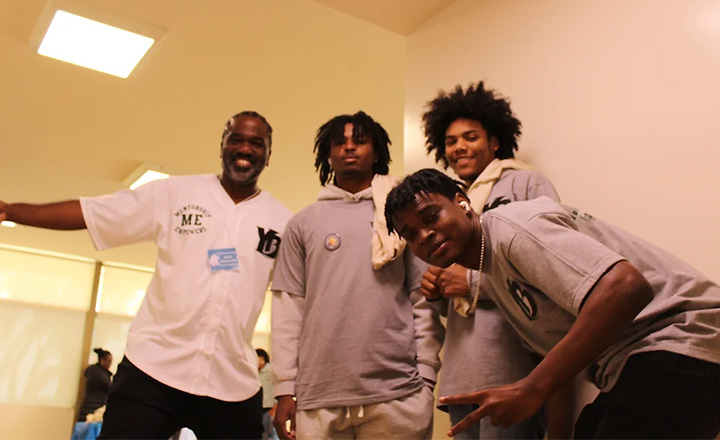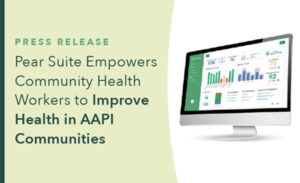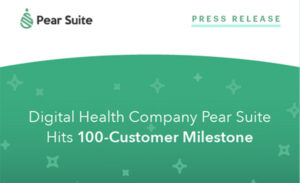Community-based organizations (CBO) and nonprofits fill gaps in care by providing needed social and health services to community members who could not otherwise access or afford them.
Many of the clients these groups serve also meet the requirements, due to their household income, age, health status, or citizenship status, to qualify for Medi-Cal, California’s Medicaid program. The state-sponsored health insurance allows these community members to access medical services such as X-rays, lab tests, primary care visits, and more.
In July 2022, the California Department of Health Care Services (DHCS), recognizing that health goes beyond health care and that social determinants of health disproportionately impact Medi-Cal members, introduced changes across Medi-Cal programs through its California Advancing and Innovating Medi-Cal (CalAIM) initiative.
By expanding coverage, DHCS is creating a new class of providers who support Medi-Cal members’ health with a more community-driven and upstream approach. Learn the latest Medi-Cal changes, and get the 101 scoop on CalAIM.
What is the California Department of Health Care Services’ CalAIM Initiative?
CalAIM is an ambitious five-year plan by the California DHCS to standardize and improve care for the millions of Californians covered by Medi-Cal. And, in no uncertain terms, it’s a total overhaul and transformation of the Medi-Cal program.
This multi-year initiative by the department aims to encourage Managed Care Plan (MCP) providers and public health systems to take more personal care approaches to improve quality of life and health outcomes.
CalAIM seeks to improve whole-person care, streamline existing programs, and introduce new ones. One adjustment includes bringing community health worker (CHW) services into the fold as a Medi-Cal benefit.
CHW services are considered preventive health services and help reduce disease, disability, and other health conditions and their progression and promote physical and mental health and improve quality of life. These include care that addresses social needs, such as education, navigation, advocacy, and other support.
These approaches include matching the right patients to the right services at the right time, leveraging community-based providers and using payment reform to reimburse for services based on outcomes, and coordinating care in the community, where CBOs are well-positioned to address the needs of their community members.
What Community Organizations and Community Health Workers Have in Common
Community health workers are known by many names: promotores, coaches, lay health advisors, community health representatives, peer mentors, and peer navigators. But they all serve as frontline health workers addressing physical, emotional, and social needs.
CHWs are trusted community members with lived experience in areas that affect their communities — Medi-Cal and non-Medi-Cal members alike. Think, an elementary school teacher and breast cancer survivor who volunteers at and connects other women to mobile mammogram clinics.
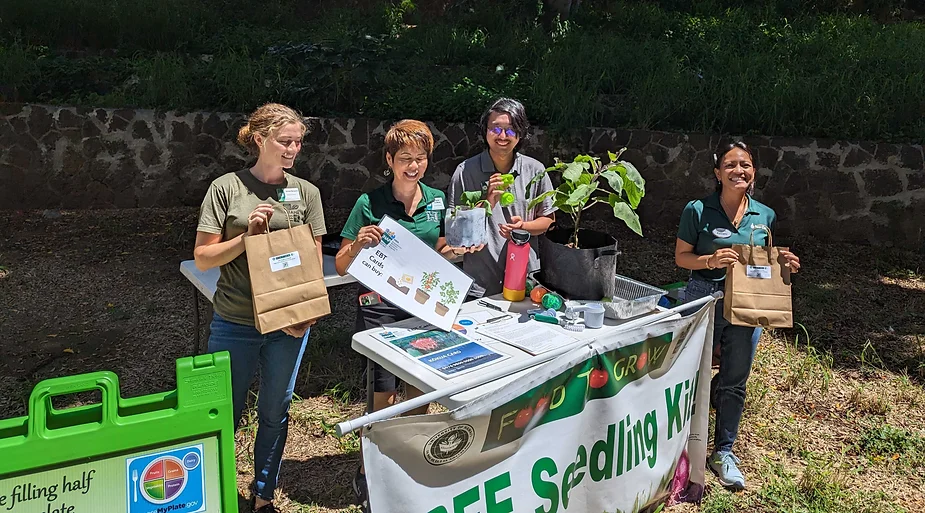
As a community-based organization or clinic, nonprofit, or other local organization that helps or advocates for underserved community members through outreach and education, you likely already have CHWs in your midst— or volunteers and team members who qualify for the title.
Someone is considered a CHW by acquiring a certain number of years or hours of lived experience or training in core competencies. But CHWs, like many community organizations, help community and Medi-Cal members:
-
– Play an active role in their healthcare
-
– Schedule office visits or secure transportation to medical services
-
– Educate themselves on disease prevention and disabilities
-
– Advocate for and promote physical and mental health
-
– Gain awareness of additional public resources
How CBOs and CHWs Improve Health Outcomes Through the CalAIM Program
Each new piece of reform across the Medi-Cal program integrates traditional clinical care with non-medical services, such as whole-person and social needs. So CHWs, promotores, navigators, and care coordinators are essential to CalAIM’s success.
As part of CalAIM’s Enhanced Care Management (ECM) and Community Support initiatives, CHWs can help Medi-Cal enrollees access mental health services, domestic and other violence prevention services, address homelessness, and manage chronic conditions, among other services.
For example, a local barber shop may arrange to conduct healthcare screenings or host educational seminars on managing or preventing complications of diabetes or heart disease. Meanwhile, CHWs and community organizations (e.g., community clinics and agencies and nonprofits) may connect Medi-Cal members to behavioral health services or help people at risk of or experiencing domestic violence access safe, affordable housing or living stipends.
CHW and whole-person, wrap-around services such as these must be offered through Medi-Cal’s MCP providers. With CalAIM, care providers will be incentivized and held accountable for coordinating access to CHW services.
What’s next for CHWs? Create Recurring, Sustainable Revenue to Scale Their Impact
Where once California’s Medi-Cal members would have to receive authorizations from multiple organizations to access even basic care and social services, CalAIM seeks to simplify access to care.
CalAIM is an ambitious project, but it’s helping the Medi-Cal program drive change and quality care through the support, expertise, and lived experiences of CHWs. Through CalAIM, CHWs are incentivized to work directly with community members to address their barriers to health and improve their care outcomes immediately.
Since community-based organizations, nonprofits, and community health workers (CHWs) already do this work, they are well-positioned to take advantage of CalAIM. At the same time, CalAIM can solve a long-standing challenge these organizations and agencies face: funding.
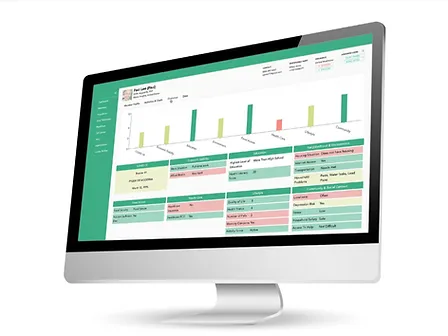
To continue to support clients and community members, CBOs typically rely on grants, contracts, and donations to fund their programs. With CalAIM, organizations and CHWs can create recurring, sustainable revenue through billable wrap-around services and serve more Medi-Cal members.
Start-up funding is available to eligible organizations in select counties in California interested in partnering with Pear Suite to bill for CHW services.
Have questions or want to find out if your organization qualifies? Schedule a call.
